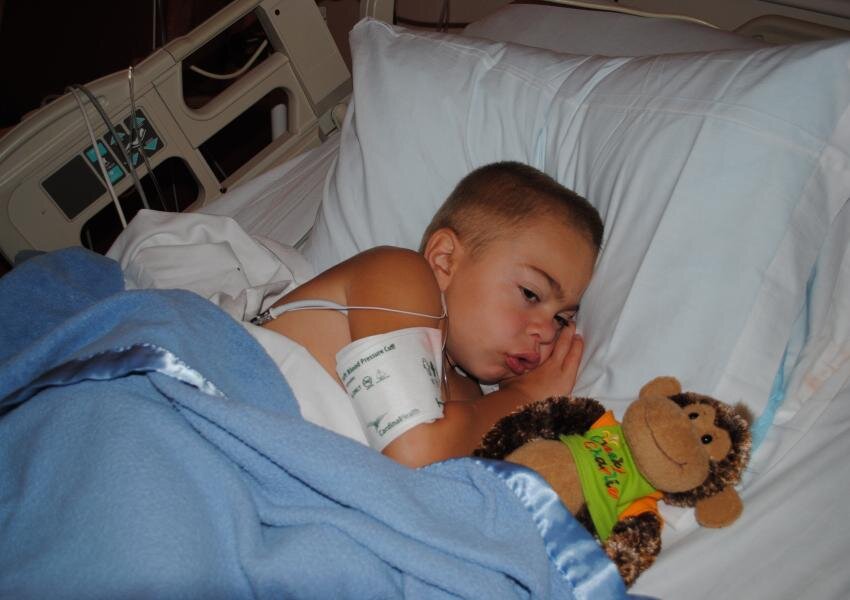WHO keeps silent on U.S. sanctions affecting Iranian MPS patients

TEHRAN – The World Health Organization (WHO) has kept silent on supplying medicine needed for Mucopolysaccharidosis (MPS) patients in Iran because of the sanctions imposed by the United States.
MPS are a group of metabolic disorders caused by the absence or malfunctioning of lysosomal enzymes needed to break down molecules called glycosaminoglycans (GAGs).
Individuals with MPS either do not produce enough of one of the eleven enzymes required to break down these sugar chains into simpler molecules, or they produce enzymes that do not work properly.
Over time, these GAGs collect in the cells, blood and connective tissues. The result is permanent, progressive cellular damage which affects appearance, physical abilities, organ and system functioning, and, in most cases, mental development.
On November 17, Iran’s Health Minister Saeed Namaki in separate letters to UN Secretary-General António Guterres, United Nations Children's Fund (UNICEF) Executive Director Henrietta H. Fore, and World Health Organization (WHO) Director-General Tedros Adhanom, urged the international community to break the silence on inhumane sanctions imposed by the United States against the country.
But so far no action has been taken by the international community and it has remained silent on this inhumane behavior of the U.S..
Mehdi Shadnoush, head of the Health Ministry's center for transplantation and disease management, said that “Cruel sanctions in the health sector, especially those targeting patients suffering from rare diseases, have created a great deal of anxiety and stress for the patients,” IRNA reported on Tuesday.
He added that companies exclusively producing medicine for MPS patients, such as BioMarin Pharmaceutical Inc. of the U.S. and a South Korean company, have refused to export these drugs to Iran, threatening the lives of 335 patients in Iran.
EB patients wounded by U.S. sanctions
Although food and medicine are claimed to be exempted from U.S. sanctions, financial and banking sanctions have limited the life-saving medicine trade which harshly targeted the patients suffering from Epidermolysis Bullosa (EB), a rare genetic disease that causes painful blistering of the skin.
Across the country, 700 people have been diagnosed with EB, but considering that EB is estimated to occur in 1 newborn per 50,000 live births, it is suggested that in Iran 1,200 people are suffering EB.
In Iran, these patients are known as “butterflies” because their skin is as fragile as butterflies' wings, EB patients are in desperate need of special bandages as even minor frictions cause severe painful blisters.
Without the bandages, they face difficulties even in their daily routine, including walking, eating or even breathing, and unfortunately there is no alternative treatment for such pain.
Exemptions for humanitarian trade (such as food, medicine and medical equipment) have not been effective in protecting Iranian patients from access to imported medicine, such as the bandages used for EB patients’ treatment.
Two or three years ago, access to wound dressing was relatively easier for EB patients, but with the return of sanctions, over a year (May 2018-May 2029), 15 patients covered by EB Health House lost their lives like Ava a two-year-old girl in Ahvaz city who died of infection and lack of skin care.
FB/MG
Leave a Comment